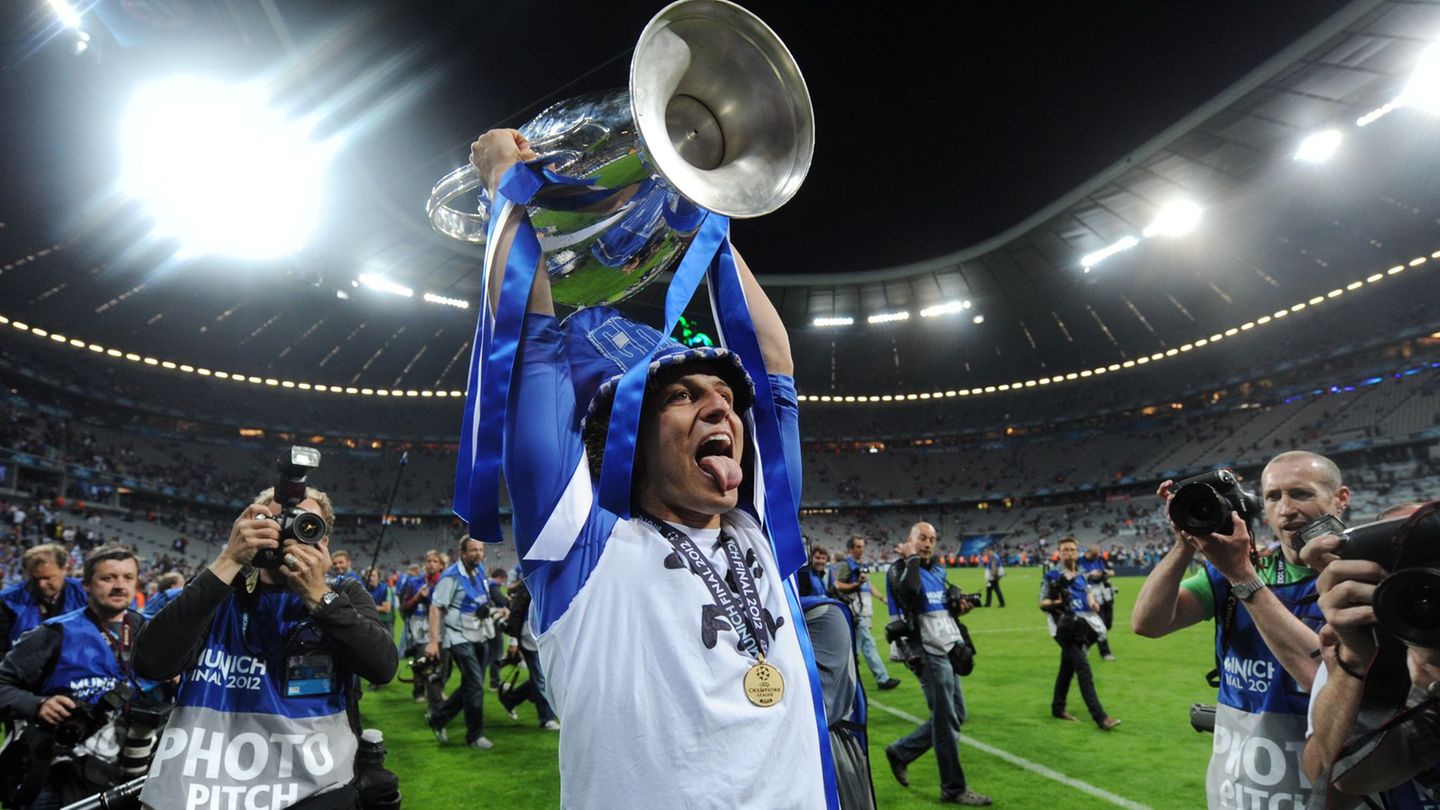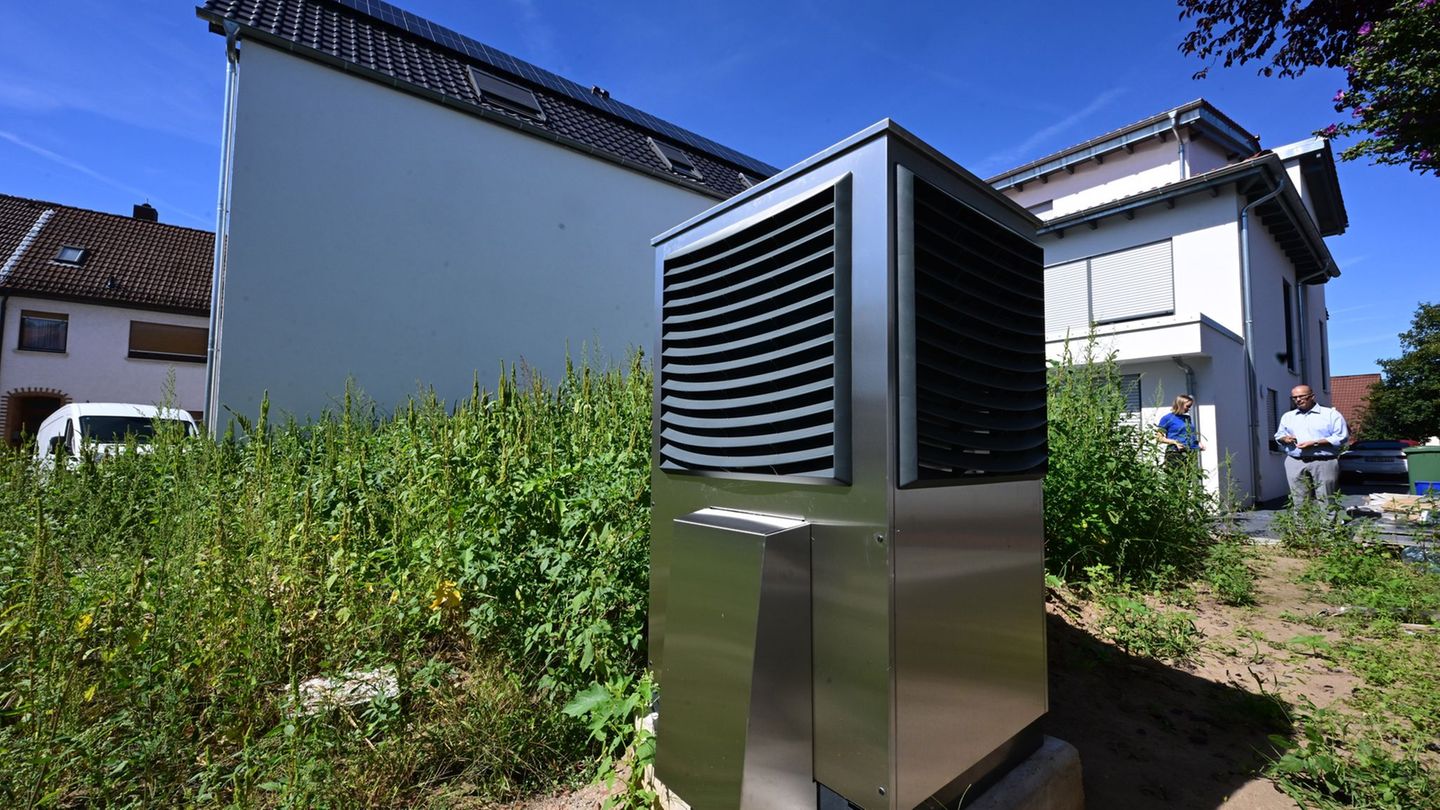A federal election has seldom been more exciting. Germany is facing an unprecedented change of power. Much is open before this polling. And everything seems possible.
It should have been a rare moment of calm, a necessary retreat before an exciting election day – which should mean a departure into previously unknown political territory for the Federal Republic. The chancellor candidates spent the Saturday evening inside, far from a one-off election campaign for the most powerful office in the state.
Because Germany is certain to see a historic change of power when around 60.4 million German citizens flock to the polls this Sunday (). Not only because Angela Merkel will not run again after 16 years as Federal Chancellor. The political majority structure has also shifted since 2005, the future government is likely to be a three-party alliance instead of a two-party alliance – with all the constellations that currently appear possible, Germany would have been changing political direction for a long time. The negotiations between the future coalition partners could be correspondingly tough and time-consuming.
A comeback with a bang
It was a special election campaign that took place in the long shadow of the corona pandemic. Merkel did not run for re-election as defending champion, so far a novelty in the Federal Republic, for the first time three applicants asserted their claim to power – all of whom could at some point assume that they would win the race: At the beginning, Annalena Baerbock (Bündnis 90 / Die Grünen) , in between Armin Laschet (CDU, for the Union) and most recently Olaf Scholz (SPD).
All three experienced ups and downs, not least in the surveys: Baerbock put an abrupt end to the former soaring of the Greens through blunders and allegations of plagiarism, Laschet laughed away his lead in the flood area and Scholz benefited above all from the mistakes of the others – that seemed for months SPD cemented in the survey cellar. Now the initial triall seems to have turned into a duel that Scholz and Laschet fight with each other – and.
Even with slight deviations from the current polls, the Social Democrats would experience a comeback with a bang, which until recently seemed unthinkable. In the 2017 federal election, the SPD achieved its historically worst result (20.5 percent), and the party has remained in the polling room ever since. In March of this year it was still a manageable 15 percent, now it could reach the finish line as the strongest force.
A victory would make Scholz the most powerful man in his party – although it did not want him as chairman – and 16 years after Gerhard Schröder, of which he was General Secretary, it would pave the way to the Chancellery. In addition, the SPD could even get the triple – also in Mecklenburg-Western Pomerania and Berlin there will be elections this Sunday, in both countries the Social Democrats are in the front.
Although the Union was recently able to catch up with the SPD again, a head-to-head race is emerging, but the CDU / CSU must reckon with massive losses: 32.9 percent of the voters made their cross at the last ballot Union, which also gave it the worst result since 1949, this time it could be almost ten percent less.
For the sister parties in general and their top candidates in particular, this indicates turbulent times. Various scenarios have recently been rumored (and) that – depending on the severity of the possible debacle – could materialize. Internal power struggles over the future course and the top staff are apparently programmed. And there is already lively discussion about whether the Union should consider trying to form a government even in the event of a defeat.
The only thing that seems really reliable at the moment is that the Greens are likely to gain significantly compared to the last federal election – but after their initial highs they still have to feel as the loser of their own expectations. The fact that Baerbock will be elected first Green Chancellor this Sunday is now ruled out. After all, the party is likely to play a key role in the formation of a future coalition; it would be represented in a federal government for the first time since 2005.
A federal election with an uncertain outcome
According to recent surveys, five three-way alliances are possible – each of which would be a first at federal level: a traffic light coalition (SPD, FDP, Greens), a Jamaica coalition (Union, Greens, FDP), a German coalition (Union, SPD, FDP ), R2G (SPD, Left, Greens) and a Kenya coalition (Union, SPD, Greens). A political change of direction has been set. The only question is where it is going.
The surveys indicate a close race, so a clear favorite is not in sight. The particularly high percentage of postal voters could also mean that when the first election forecast at 6 p.m. it is not yet clear who is really ahead – and which alliances have a realistic option of power.
The coalition negotiations could be protracted accordingly – there are no clear rules by when a government has to be formed – or at least complex. For the first time since the 1950s, three partners will probably have to come together. Unlike then, there shouldn’t be by far the strongest force, but three similarly strong parties. That shouldn’t make the negotiations any easier. Even though all possible alliances would have enough points of contact for a stable government, as a group of professors from the universities of Dortmund and Heidelberg analyzed in one.
According to this, there is certainly a material for conflict, especially in social and economic policy, but even if it sounds different in the election campaign: “In many policy areas there is no fundamental dissent between the SPD, the Union, the Greens and the FDP.” The parties would at least share basic goals. “In any case, according to our investigations, programmatic differences do not represent insurmountable hurdles to the governability of the country,” the authors write.
And so it will probably depend on programmatic considerations and sensitivities. Would the successful union, which sees itself as a chancellor’s electoral association, also join a coalition as a junior partner? Or do the SPD and the Greens still get involved in an alliance with the left that is diametrically opposed to their own canon of values in some political areas – such as foreign policy?
Should the SPD land in front of the Union, a traffic light coalition (SPD, Greens, FDP) would, according to the analysis, be the alliance with the “greatest accuracy of fit”. If the Union won the race, or if it were “only just” behind the Social Democrats, the Jamaica coalition (Union, Greens, FDP) would be “the option in which a lot would fit together.”
It is to be expected that all parties – with the exception of the AfD – will talk to each other in order to explore possible coalitions. The voters may therefore have to show staying power until a government is formed. Experts consider it impossible that there could be new elections due to unsuccessful negotiations. “That won’t happen,” said the political scientist Karl-Rudolf Korte. There are enough constellations that would enable a stable majority.
Only one thing is certain now: Germany is facing an unprecedented change of power.
David William is a talented author who has made a name for himself in the world of writing. He is a professional author who writes on a wide range of topics, from general interest to opinion news. David is currently working as a writer at 24 hours worlds where he brings his unique perspective and in-depth research to his articles, making them both informative and engaging.




